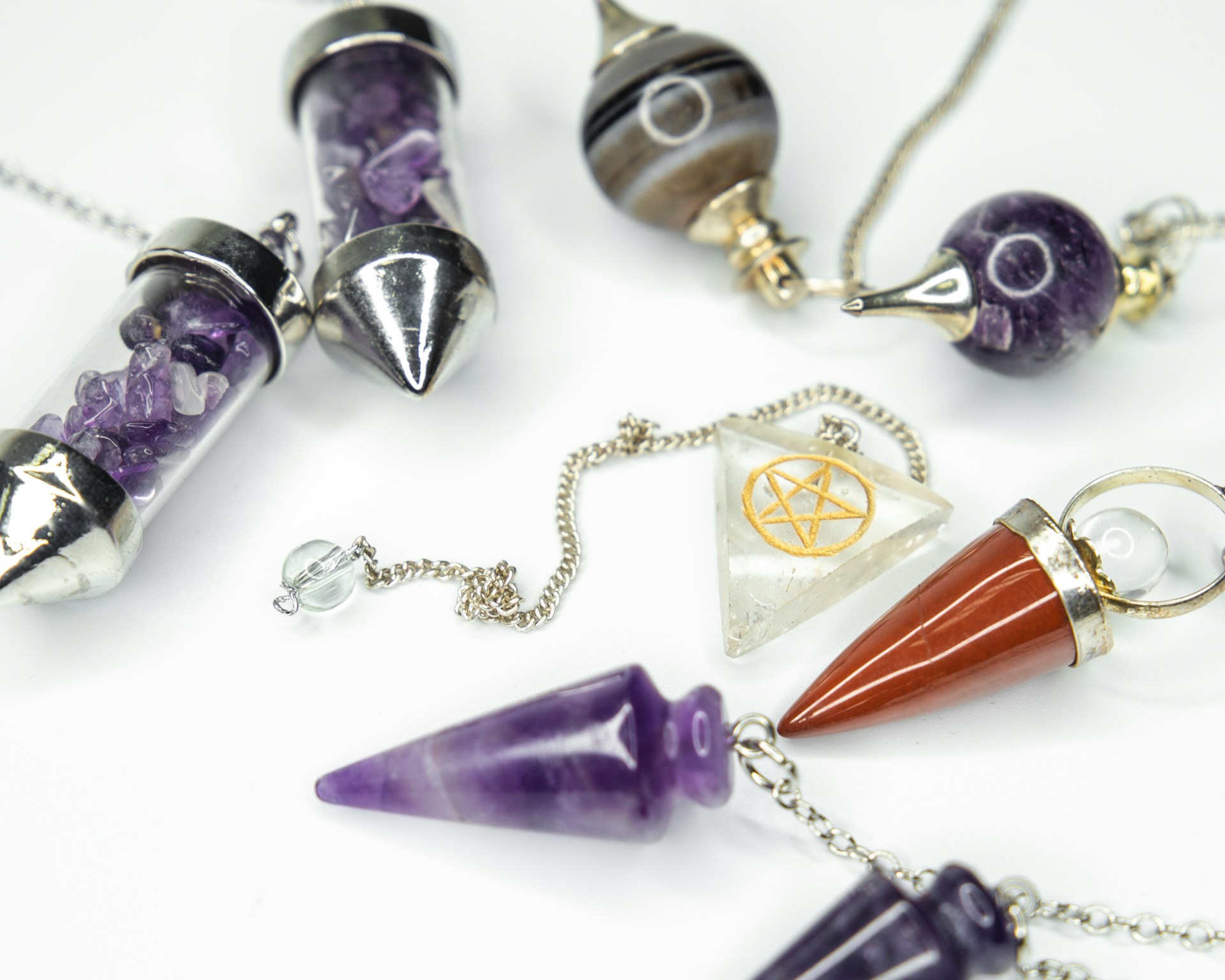Embarking on a journey of self-belief is not just about feeling good about oneself; it’s a fundamental pillar of a fulfilling life. Having faith in yourself influences how you make decisions, face challenges, and interact with the world around you.
This post will delve into the nuances of self-faith, offering practical advice to cultivate it. Whether you’re taking the first steps or looking to strengthen your belief, this guide is your companion in unlocking the power of self-faith.
Understanding Self-Faith
Self-faith is that intrinsic belief in your own abilities and worth. It’s not about arrogance or blind optimism but a realistic and grounded confidence in what you can do and who you are.
Having self-faith is crucial because it shapes how you approach life’s challenges and opportunities. It’s the foundation upon which resilience, motivation, and perseverance are built.
Unfortunately, self-faith is often misunderstood. It’s not about never doubting yourself; it’s about trusting your ability to overcome those doubts. It’s the difference between “I can’t do this” and “I can learn how to do this.”
Recognizing the Barriers to Self-Faith
The path to cultivating self-faith is often hindered by various barriers.
Fear of failure is a significant obstacle, where the dread of not succeeding prevents even the attempt.
Negative self-talk, those inner dialogues that constantly belittle and doubt capabilities, is another common barrier.
Lastly, past experiences, especially those that didn’t go as planned, can leave a lasting impact on one’s belief in oneself.
Identifying these barriers is the first step in overcoming them. It involves introspection and honesty with oneself to acknowledge these challenges.
Cultivating a Positive Mindset
A positive mindset is a cornerstone of building self-faith. This doesn’t mean ignoring life’s difficulties; instead, it’s about approaching situations with a more optimistic and constructive outlook.
Developing a positive mindset begins with monitoring your inner dialogue. Replace self-criticism with encouragement and understanding. Practice mindfulness to stay grounded in the present moment, reducing worries about past failures or future uncertainties. Embrace gratitude by regularly reflecting on things you’re thankful for, fostering a sense of positivity about life and your place in it.
Setting and Achieving Personal Goals
Setting goals is an effective way to build self-faith. It provides a clear direction and a sense of purpose.
The key is to set SMART goals – Specific, Measurable, Achievable, Relevant, and Time-bound. This framework helps in creating goals that are clear and attainable. Achieving smaller, incremental goals can create a momentum of success, gradually building your belief in your capabilities.
Remember, it’s not just about reaching the goal but appreciating the journey and learning along the way.
Learning from Failures
Embracing failure as a part of the learning process is vital for developing self-faith. Failure is not the opposite of success; it’s a stepping stone towards it. The key is to view failures as lessons rather than setbacks. Reflect on what didn’t work, why it didn’t, and how it can be improved.
Developing a growth mindset, where challenges are seen as opportunities to grow rather than insurmountable obstacles, is crucial. This mindset encourages resilience and a persistent belief in oneself, even in the face of failure.
Building a Support System
No one achieves anything entirely alone. A strong support system plays a crucial role in nurturing self-faith. Surround yourself with people who believe in you and encourage your growth. These can be friends, family members, mentors, or even professional support networks.
They provide not just emotional support but also different perspectives and advice. Being part of a community fosters a sense of belonging and reinforces the belief that you’re not alone in your journey.

Practicing Self-Compassion
Self-compassion is treating yourself with the same kindness and understanding that you would offer to a friend. It’s acknowledging that you’re human, capable of mistakes, and deserving of grace.
Practicing self-compassion involves forgiving yourself for past mistakes, accepting your imperfections, and being kind to yourself during challenging times.
Balancing self-improvement with self-acceptance is essential. It’s about striving to be your best self while being compassionate towards your current self.
Building self-faith is a journey that involves understanding its importance, recognizing barriers, cultivating a positive mindset, setting achievable goals, learning from failures, building a supportive network, and practicing self-compassion.
By embracing these principles, you can develop a strong belief in yourself. This belief is the bedrock upon which a fulfilling and resilient life is built. Remember, having faith in yourself is not just about reaching a destination; it’s about appreciating and growing throughout the journey.















